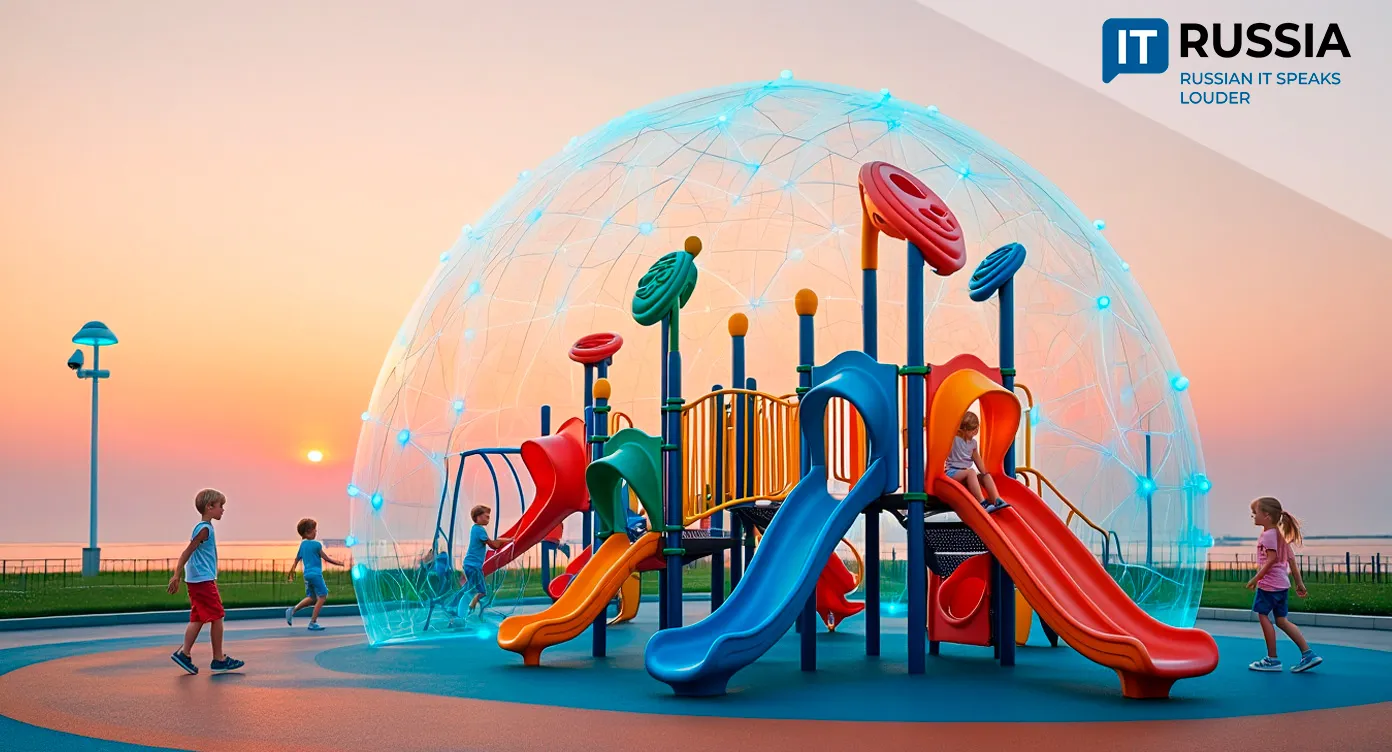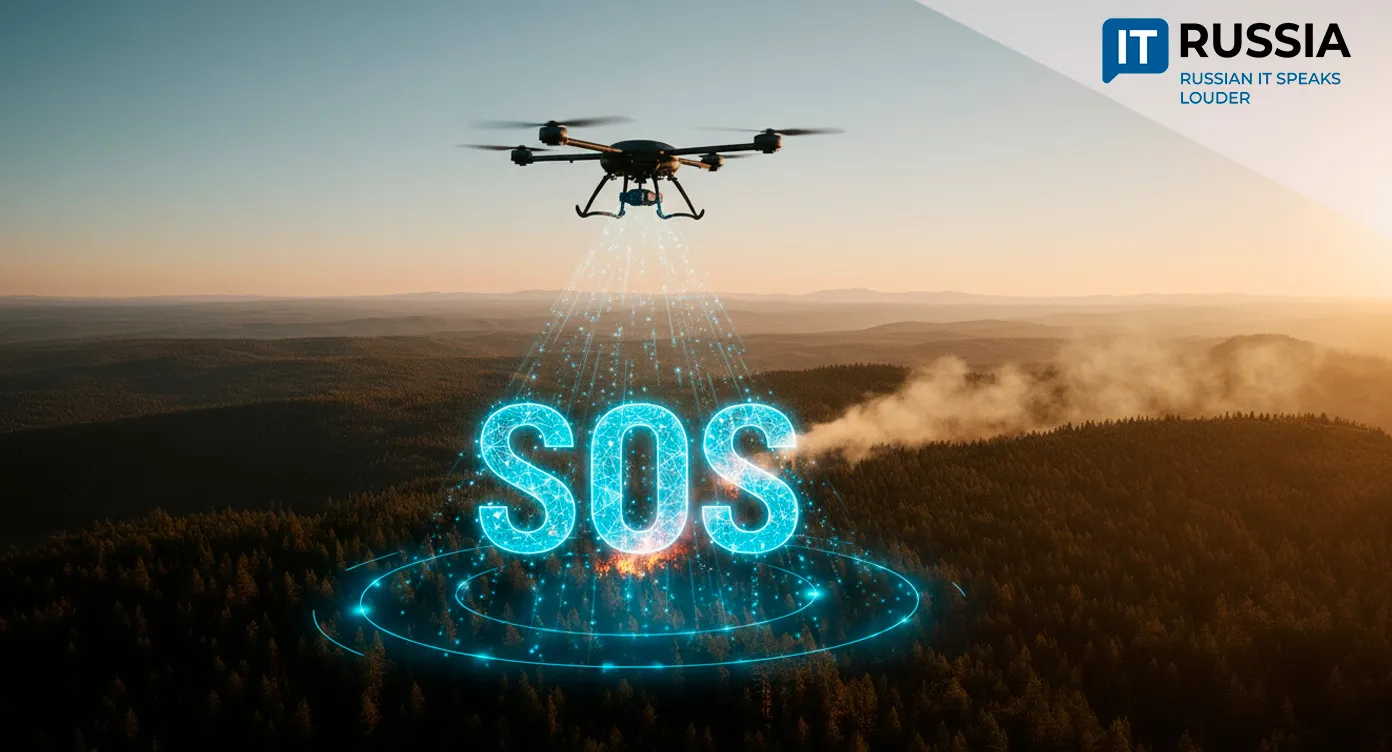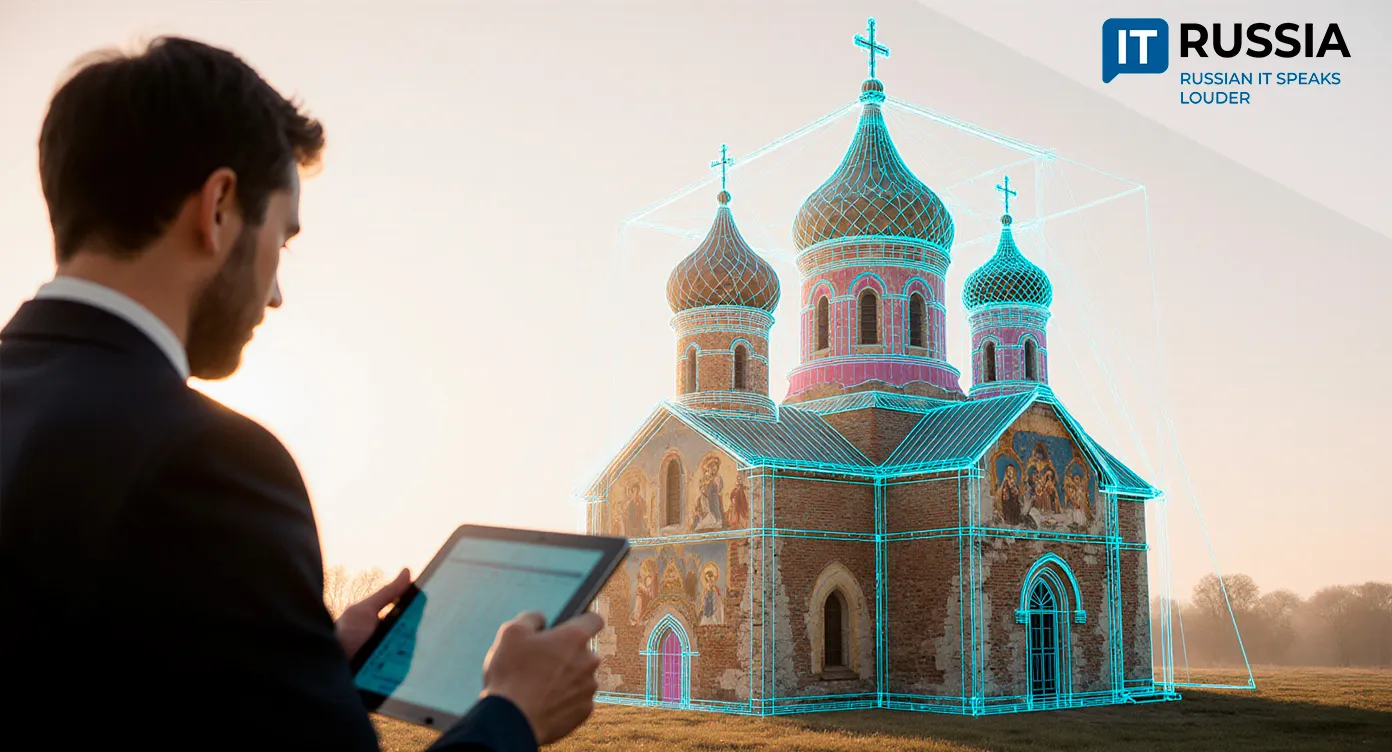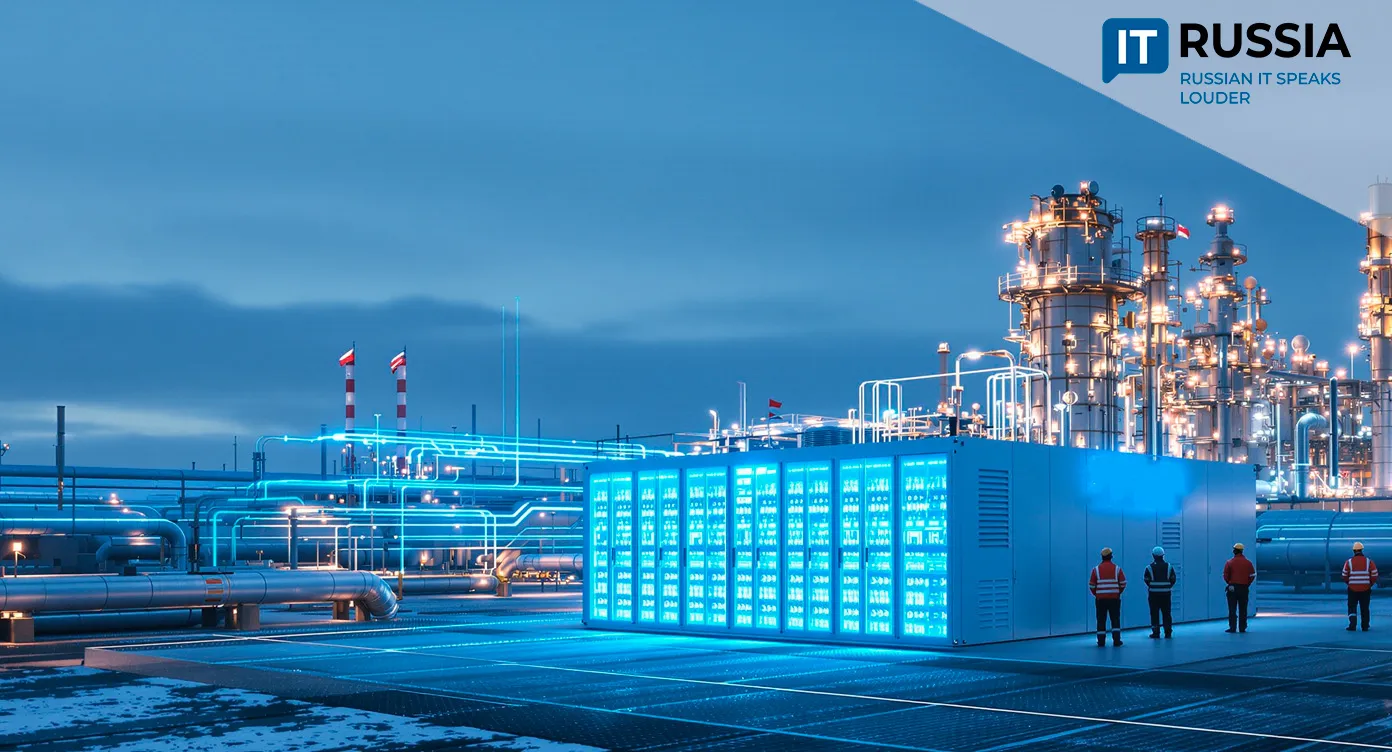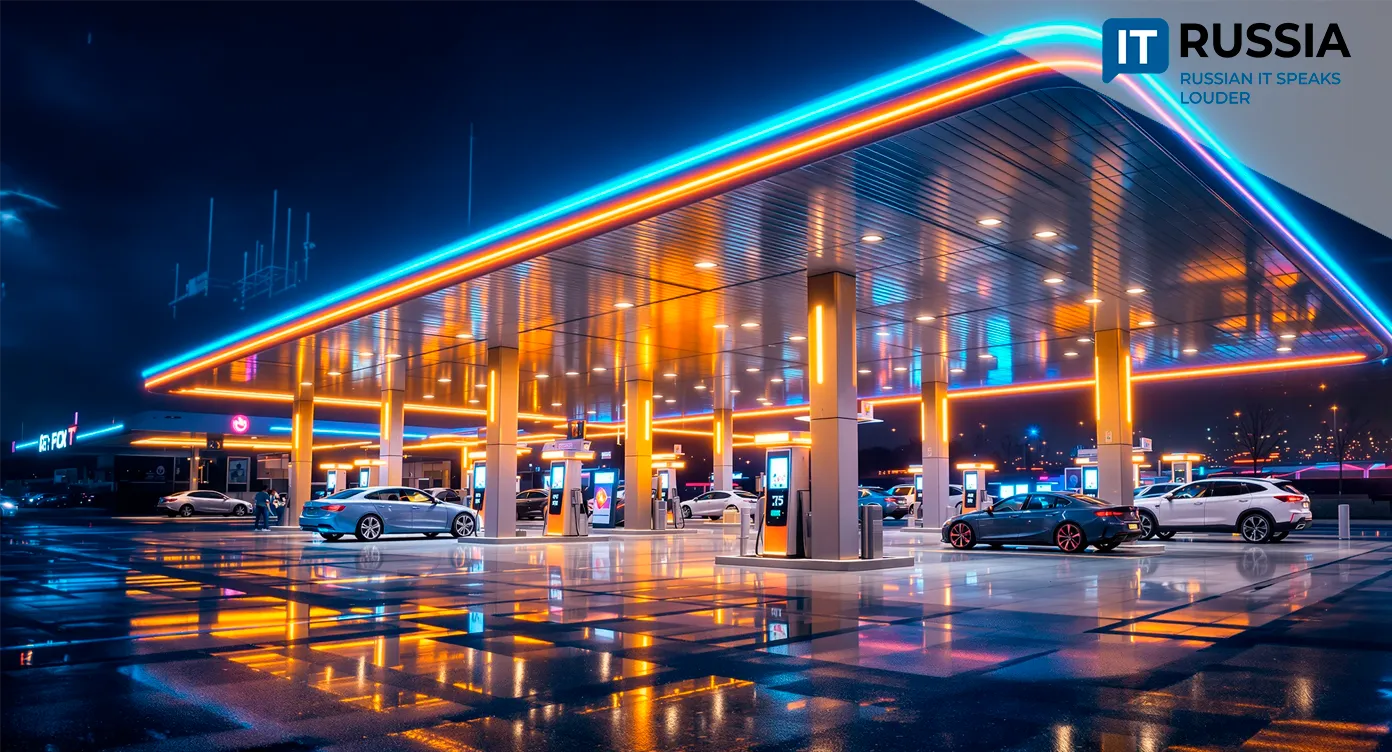Digital Transformation of Public Utilities: Russia Builds a Unified Industry Ecosystem
Russia’s housing and utilities sector is undergoing a large-scale digital transformation, as the Ministry of Construction moves from isolated experiments to building a nationwide, unified digital ecosystem for the entire industry.
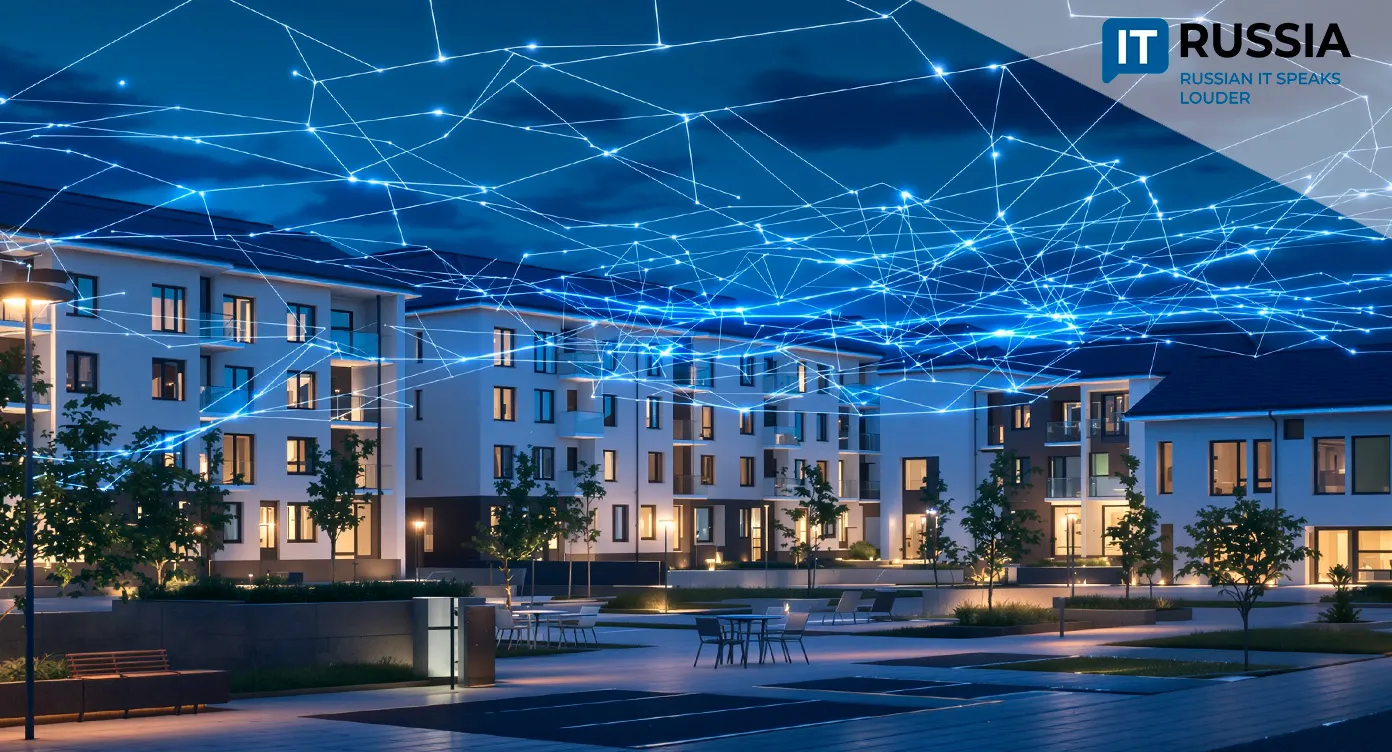
Building a Unified Digital Utilities System
This strategic initiative aims to transform one of the country’s most conservative yet vital sectors, opening new opportunities for Russia’s IT industry. The plan focuses on creating a comprehensive digital ecosystem for utilities and housing services.
While digital tools have already been introduced in select areas, the Ministry of Construction intends to implement a systematic model similar to the one successfully applied in the construction industry, where a “matrix” of participants and workflows has been established. Integrating all market participants into a single information system will improve efficiency, reduce costs, and deliver more transparent, higher-quality services for citizens.

From Digital Passports to Smart Lighting: Key Transformation Areas
Several key areas are at the heart of the initiative. The first involves creating a unified digital registry of multi-apartment buildings — so-called electronic passports — that will contain detailed data about each property, from construction year and materials to the state of engineering systems. This foundation will enable more transparent management of residential assets.
The second focus is the automation of urban environments through adaptive lighting systems for courtyards and public spaces. These systems adjust brightness based on time of day and human presence, improving comfort and delivering significant energy savings.
A third direction is the development of digital platforms for property management companies, providing dispatching tools and call center software that accelerate response times to resident requests and emergencies.
Toward a Systemic Approach
The digitalization of the utilities sector is not a new topic in Russia. Back in 2022, the Ministry of Construction began outlining a roadmap for software import substitution and technological transformation in construction.

By 2024–2025, attention shifted to the housing and utilities complex, marking a logical progression from “smart construction” to “smart operation.” The recent Commission meeting demonstrated that the methodological groundwork laid in past years will now be applied to modernize utilities on a national scale.
Digital Utilities: Opportunities and Challenges
Within the next one to two years, regional deployment of digital building passports and data platforms is expected to begin. Over the medium term (three to five years), integration between building-level and city-wide systems will advance under the Smart City concept, paving the way for IoT sensors, big data, and predictive analytics.

This will allow utility systems not just to respond to failures, but to anticipate and prevent them. For Russian IT companies, this presents a massive new market — demanding domestic platforms, data collection systems, analytical tools, and cybersecurity solutions. Successful implementations could also be exported, especially to CIS countries with similar infrastructure.
The digitalization of utilities represents more than a technological upgrade; it is a structural shift that enhances service quality and transparency for citizens, creates new opportunities for businesses, and improves manageability for the state. Its success will determine how modern and comfortable Russian cities become over the next decade.



